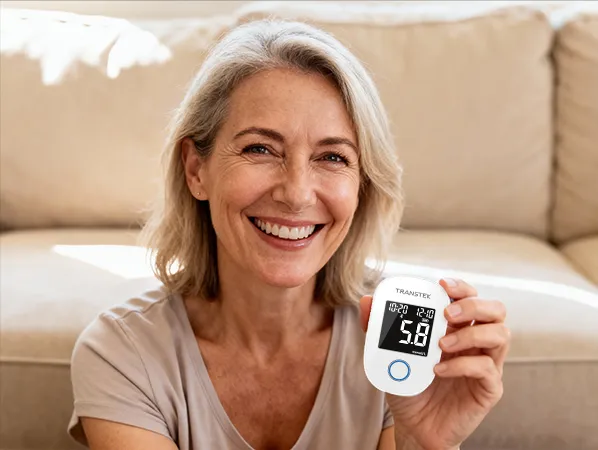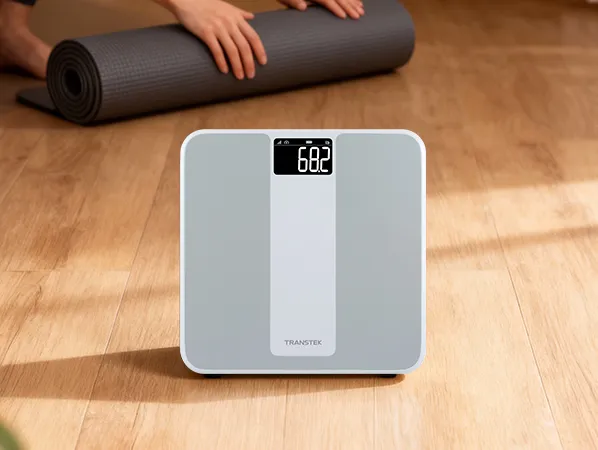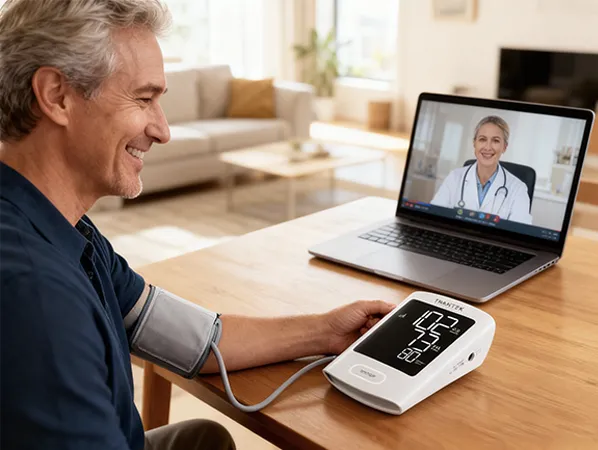
A study published in the American Journal of Obstetrics and Gynecology concluded that remote blood pressure monitoring could improve the compliance of patients with postpartum hypertension.
Remote blood pressure monitoring may be a valuable tool for patients who are often difficult to make face-to-face appointments with doctors. According to a recent study published in the American Journal of Obstetrics and Gynecology, remote blood pressure monitoring brings benefits to patients with postpartum hypertension.
This randomized trial observed 213 postpartum women with hypertension: 104 in the research group and 112 in the control group. The participants of the research group obtained a remote blood pressure monitoring devices, especially a blood pressure cuff, which transmits the readings to the nurses outside the field through Bluetooth. The control group had face-to-face appointments. The researchers found that people in the research group are more likely to follow the recommended guidelines for blood pressure measurement. The study pointed out that "there is a significant difference in compliance. The median of recommended measurements reported by each patient in the remote blood pressure monitoring group is 63.9%, while that in the conventional care group is 0."
Because of this compliance, the research group had more drug adjustments and hypertension readmission than the control group.
Patient compliance is the key factor for effective medical treatment. Remote blood pressure monitoring is a useful tool for new parents, especially when they are recovering after birth. It is essential for postpartum patients to track their health condition as easily as possible and communicate with healthcare professionals.
This study is not alone in demonstrating the benefits of remote blood pressure monitoring for patients with postpartum hypertension. An article published in BMC Pregnancy and Childbirth focuses on patients' views on remote blood pressure monitoring and postpartum hypertension monitoring. Research shows that 91% of participants recommend using remote blood pressure monitoring to monitor blood pressure. In addition, 84% of participants said they were "very satisfied with the device".
In the postpartum recovery phase, it is important not to deprive patients of medical care or put them under pressure. The existing research shows that remote blood pressure monitoring is convenient and beneficial for postpartum hypertension patients. Since about 10% of pregnancies are affected by hypertension, more healthcare professionals and medical institutions must consider using remote blood pressure monitoring for patients.
+86-0760-85707780







